Epilog Laser Review: The Ultimate Buyer’s Guide

Investing in a laser engraver—especially a premium brand like Epilog—is a big decision.
It’s not just another tool; it’s a major investment for your business, school, or creative work. You want to be sure you’re choosing the right machine.
That’s why this review focuses on what truly matters: real performance, actual value, and what it’s like to use an Epilog laser every day—without the marketing fluff.
What is Epilog Laser? Brand Overview & Legacy
Epilog Laser isn't just another name in the laser engraving world; they're a true pioneer.
Established in 1988, this Colorado-based company has built a reputation for crafting robust, high-performance CO2 and fiber laser systems.
Their core philosophy has always been about combining quality engineering with user-friendly software and exceptional customer support.
When you talk about professional-grade laser engravers, Epilog is consistently at the top of the list, known for reliability and precision that serious users demand.

The Pros of Choosing an Epilog Laser System
Based on user feedback and industry analysis, here's what truly stands out about Epilog:
- Unmatched Precision & Consistent Quality: You can expect repeatable, high-resolution results every single time.
- Robust Build & Exceptional Reliability: These machines are built to last, minimizing downtime and maximizing productivity.
- Intuitive Software & Ease of Use: The learning curve is quick, letting you get to work faster.
- Excellent Customer Support & Comprehensive Resources: You're well-supported throughout the life of your machine.
- Versatility Across a Wide Range of Materials: Engrave and cut almost anything you can imagine.
- High Engraving Speeds for Increased Productivity: Get more done in less time, crucial for businesses.
The Cons & Common Criticisms of Epilog Lasers
No product is perfect, and Epilog isn't immune to critique:
- High Initial Purchase Price: This is often the biggest hurdle for potential buyers.
- Proprietary Software: While excellent, it's not open-source, which some users prefer.
- Power Consumption: Higher wattage models can draw significant power, impacting utility bills.
- Size & Space Requirements: Especially for larger models, they demand a dedicated workspace.
Epilog Laser Models: Which One is Right for You
Epilog offers a range of machines tailored for different needs and budgets.
1. Fusion Pro Series: Speed & Vision System
These are Epilog's flagship models, designed for maximum speed, larger work areas, and incredible precision.
With their IRIS™ Camera System, they're perfect for high-volume production and complex projects requiring perfect alignment.
2. Fusion Edge Series: Versatile & Compact
Think of the Fusion Edge as a compact version of the Fusion Pro, offering a great balance of speed, features (like the IRIS camera option), and a smaller footprint, ideal for workshops with limited space.
3. Mini/Helix Series: Popular for Small Business
The Mini and Helix lines have been workhorses for years.
Compact yet powerful, they're incredibly popular for small businesses, schools, and serious hobbyists who need professional-grade performance in a more manageable size.
4. Zing Series: Solid Entry-Level Performance
The Zing series represents Epilog's entry-level offering, providing robust performance and Epilog quality at a more accessible price point.
It's a fantastic option for those stepping into the professional laser world.
5. FiberMark Series: For Metal Marking
Specifically designed for marking bare metals and plastics, the FiberMark series uses fiber laser technology, essential for applications where a CO2 laser simply won't suffice.
When choosing, consider your primary materials, desired work area, required speed, and, of course, your budget.
Epilog vs. The Competition: A Comparative Look
It's natural to compare Epilog to its rivals. Here's a quick rundown:
1. Epilog vs. Trotec Laser: High-End Rivals
Both are industry leaders.
Trotec often boasts slightly faster speeds, while Epilog is praised for its incredibly intuitive software and robust build.
It often comes down to personal preference for workflow and specific feature sets.
2. Epilog vs. Universal Laser Systems (ULS)
ULS is another well-established player, offering modular systems and a strong focus on material processing.
Epilog often wins on overall user-friendliness and integrated software, while ULS might appeal to those needing highly customizable or specialized setups.
3. Epilog vs. Glowforge/Dremel Digilab
This is where the professional-grade vs. prosumer distinction becomes clear.
Glowforge and Dremel are excellent for hobbyists and very light commercial use, offering plug-and-play simplicity at a lower price.
Epilog, however, offers significantly higher speed, precision, durability, power, and long-term reliability for serious production. It's a different league entirely.
4. Epilog vs. Chinese Lasers: Price vs. Quality
Chinese lasers like xTool offer an undeniable price advantage.

However, they typically come with compromises in terms of build quality, software integration, customer support, safety features, and long-term reliability.
While a cheaper option might get you started, an Epilog represents a vastly superior investment for professional, consistent results and peace of mind.
Who is an Epilog Laser Best Suited For
An Epilog laser isn't for everyone, but it excels for specific users:
1. Small Businesses & Startups
For entrepreneurs needing reliable, high-quality production with minimal downtime and excellent support, an Epilog justifies its cost through consistent output and happy customers.
2. Educational Institutions
Schools, universities, and maker spaces benefit from Epilog's ease of use, robust safety features, and durable construction that can withstand multiple users.
3. Industrial Use & Prototyping
Engineers and manufacturers rely on Epilog's precision, speed, and reliability for rapid prototyping, parts fabrication, and marking in demanding environments.
4. Serious Hobbyists & Makers
If you're truly passionate about your craft and demand professional results, an Epilog is a long-term investment that will elevate your creations and won't leave you frustrated with subpar performance.
If your budget is extremely tight, or you only need a laser for very occasional, light-duty projects, a cheaper alternative might initially seem more suitable.
But for anything beyond that, seriously consider the long-term value.
Is an Epilog Laser a Worthwhile Investment? Our Final Assessment
Absolutely, an Epilog Laser is a worthwhile investment – if you fit the profile of a serious user.
While the initial price is high, what you're buying is precision, speed, reliability, unparalleled support, and a machine that holds its value.
- For businesses, it's about productivity and profitability.
- For educators, it's about empowering students safely.
- For serious makers, it's about achieving professional-grade results consistently.
Don't let the price scare you away before you weigh the true cost of ownership and the quality of output over the lifespan of the machine.
Conclusion: Making Your Informed Decision
You now have a clear picture of Epilog Laser—its strengths, weaknesses, and how it compares to other brands.
The next step is to match what you’ve learned with your own needs, budget, and long-term plans.
If Epilog’s quality and ease of use fit what you’re looking for, consider contacting the company or a local distributor for a demo.
Seeing the machine in action—and testing it with your own materials—will help you make a confident, well-informed choice.



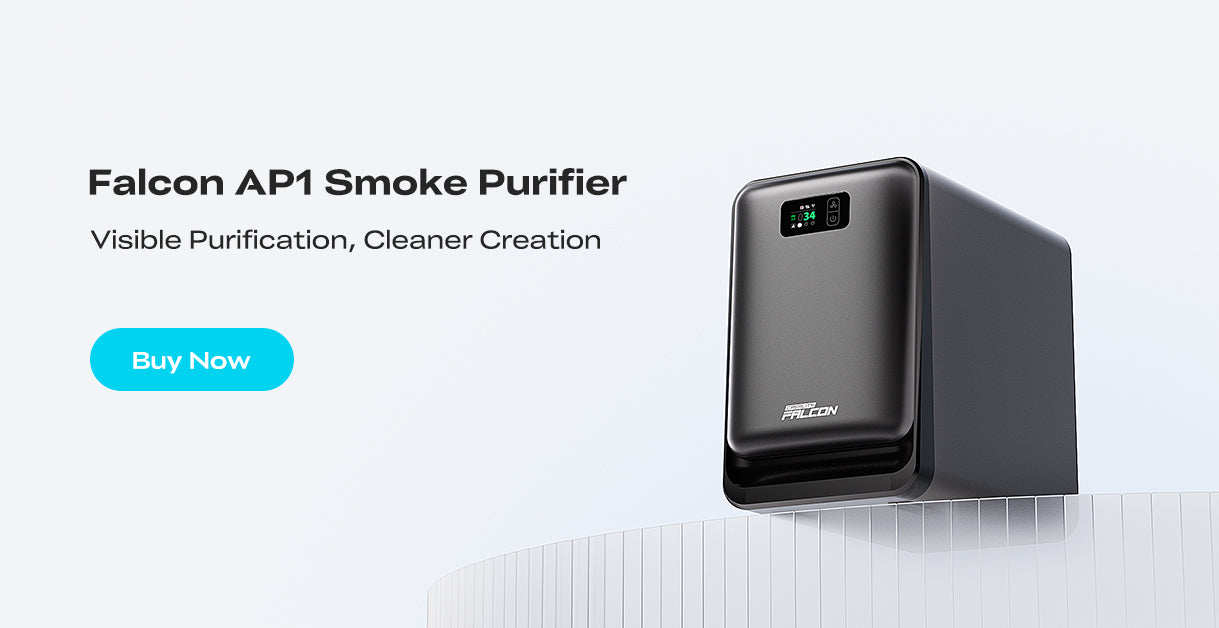




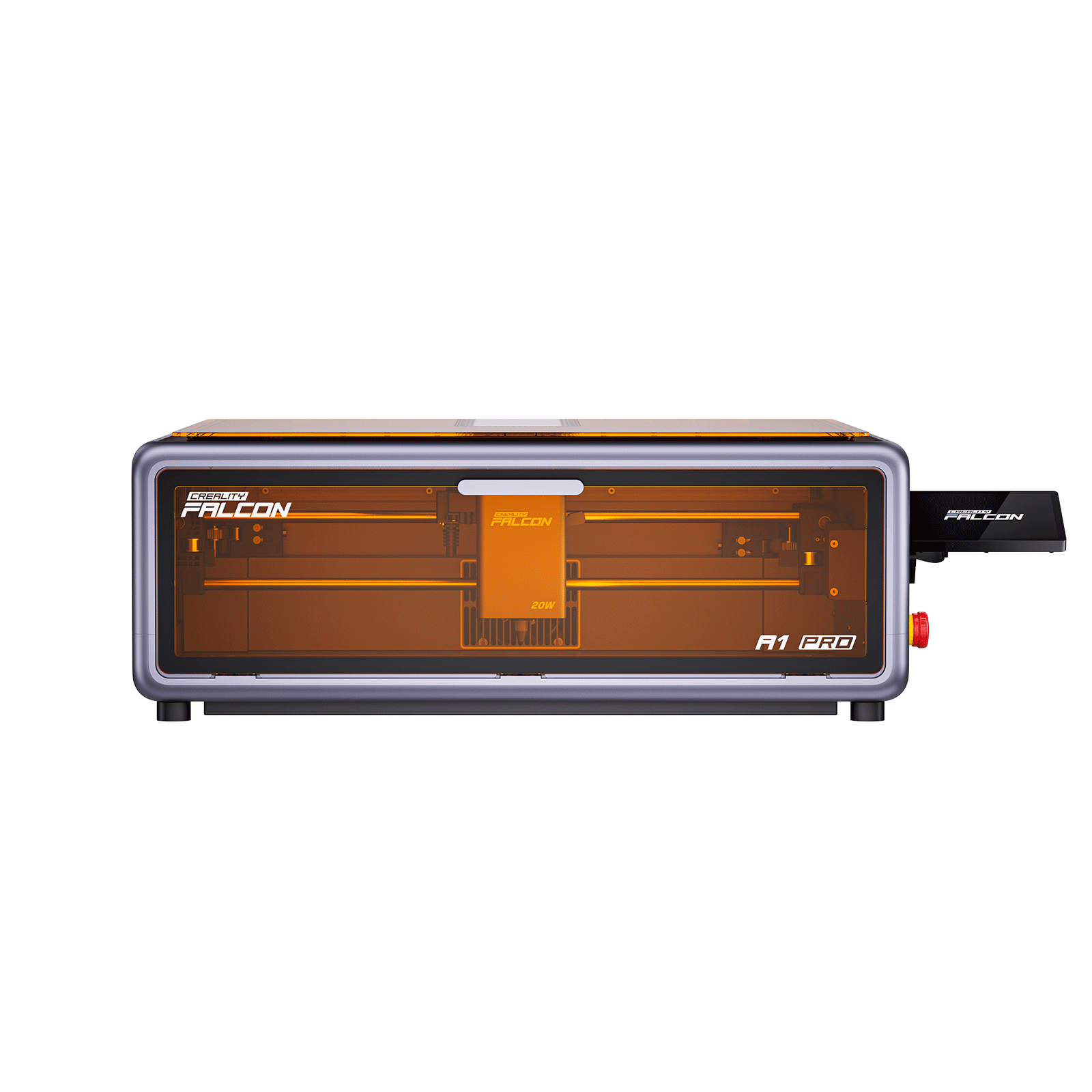


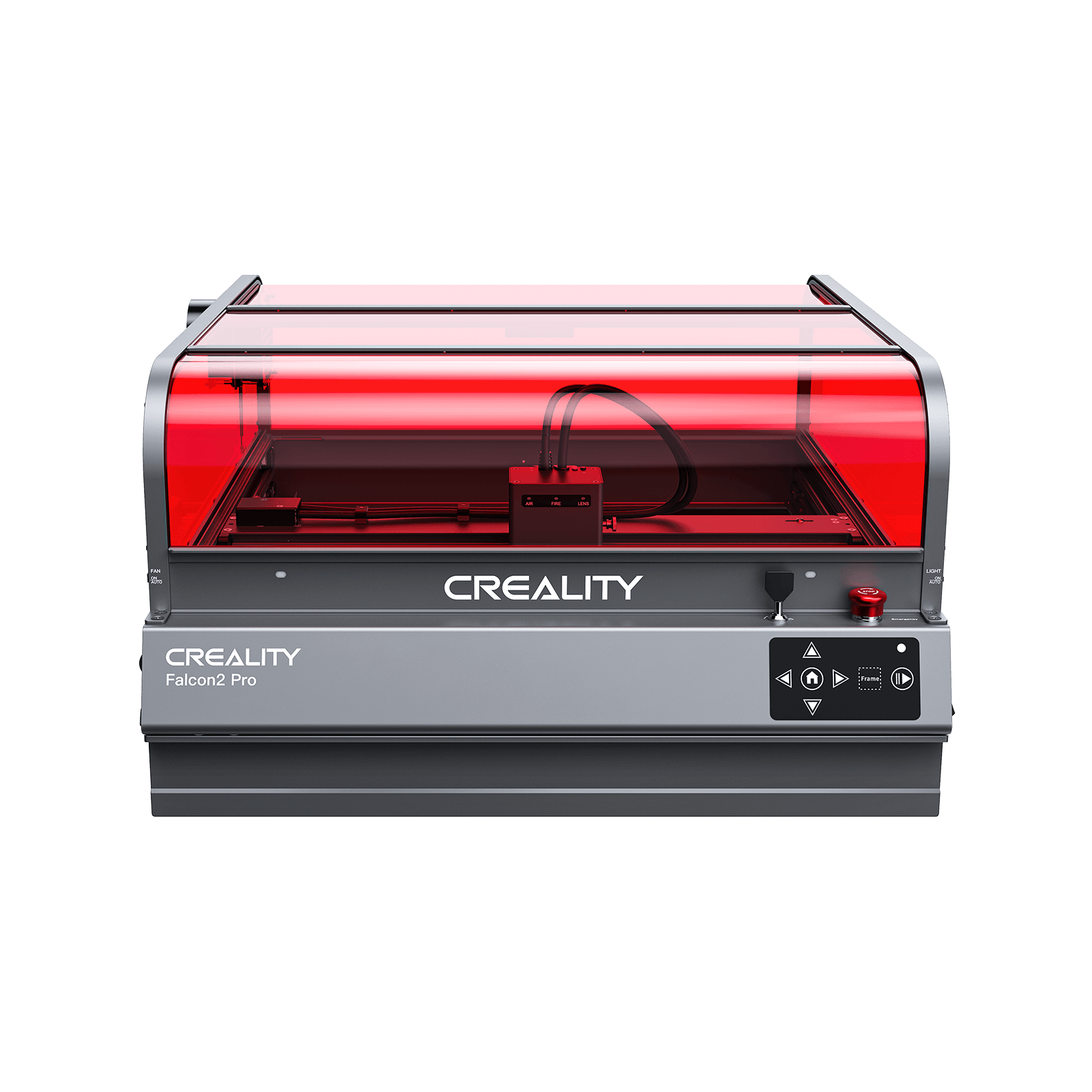






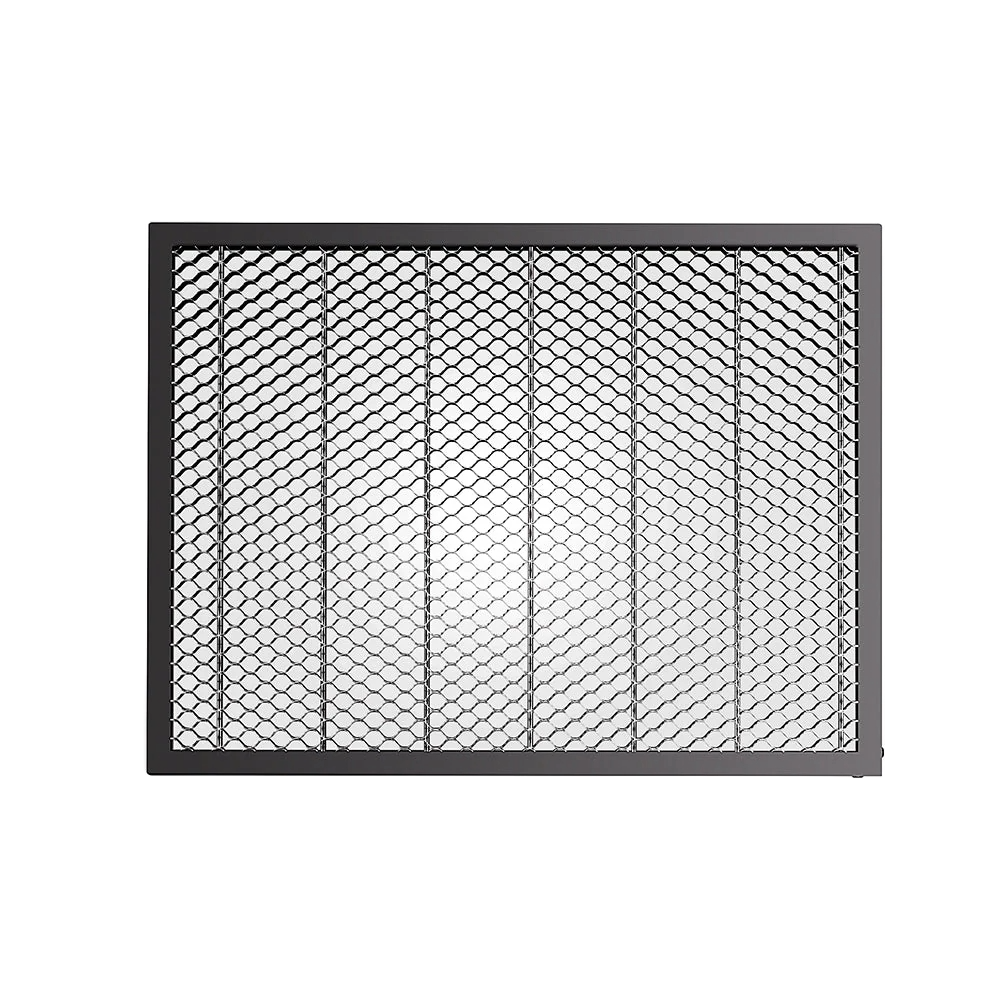






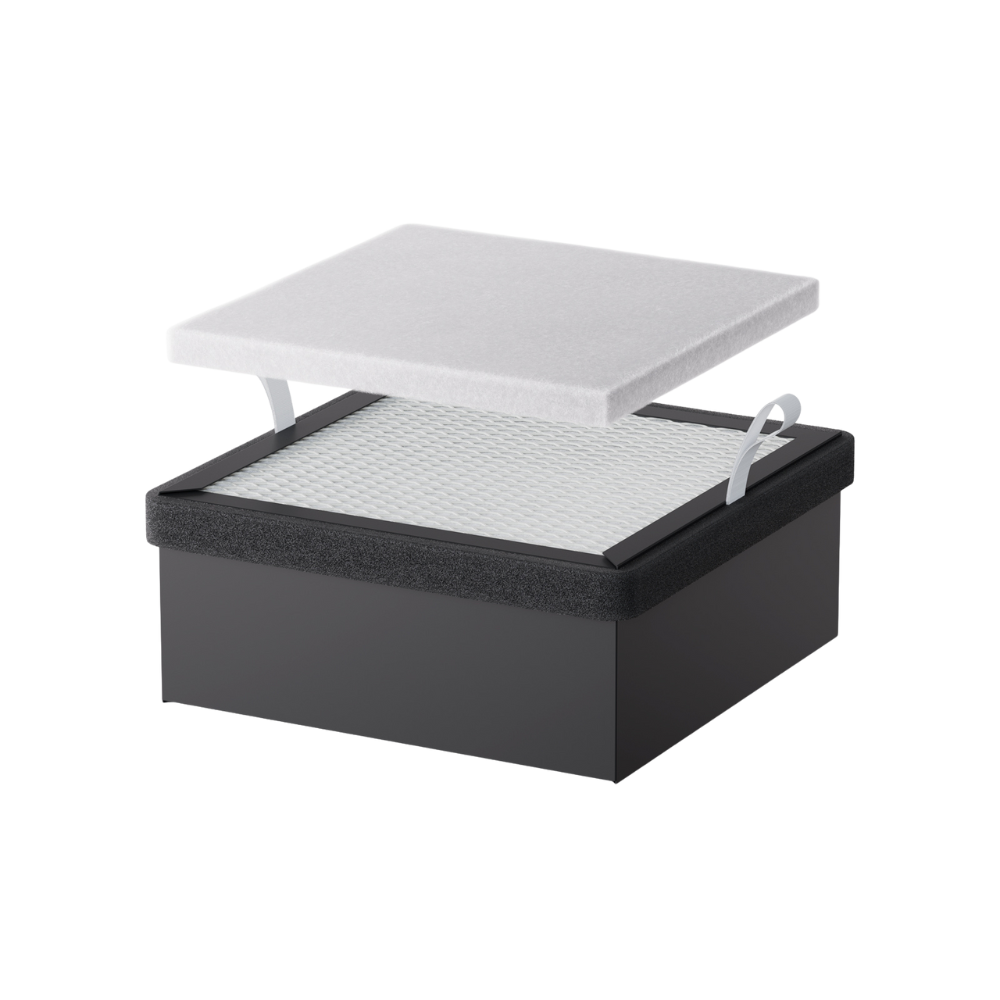










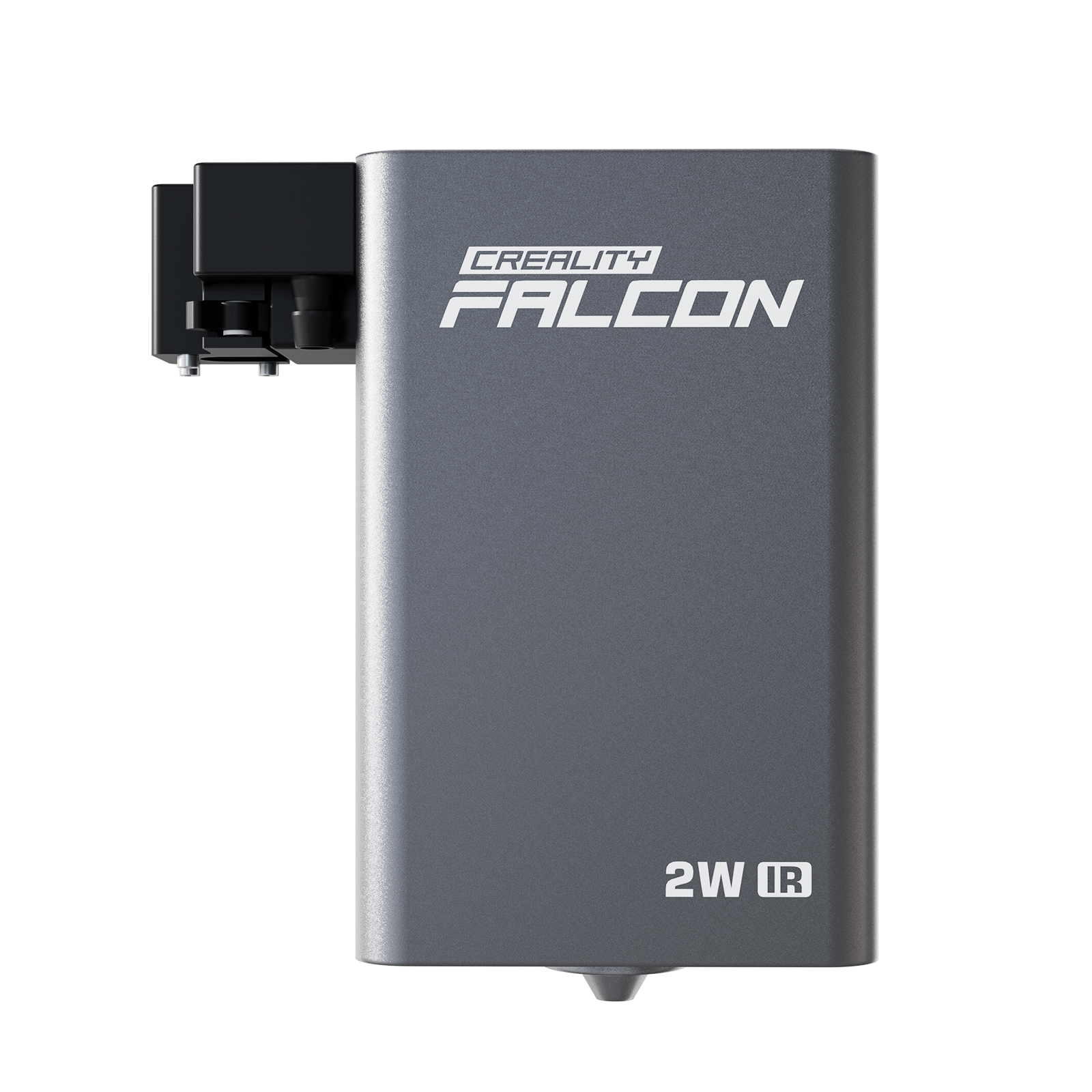







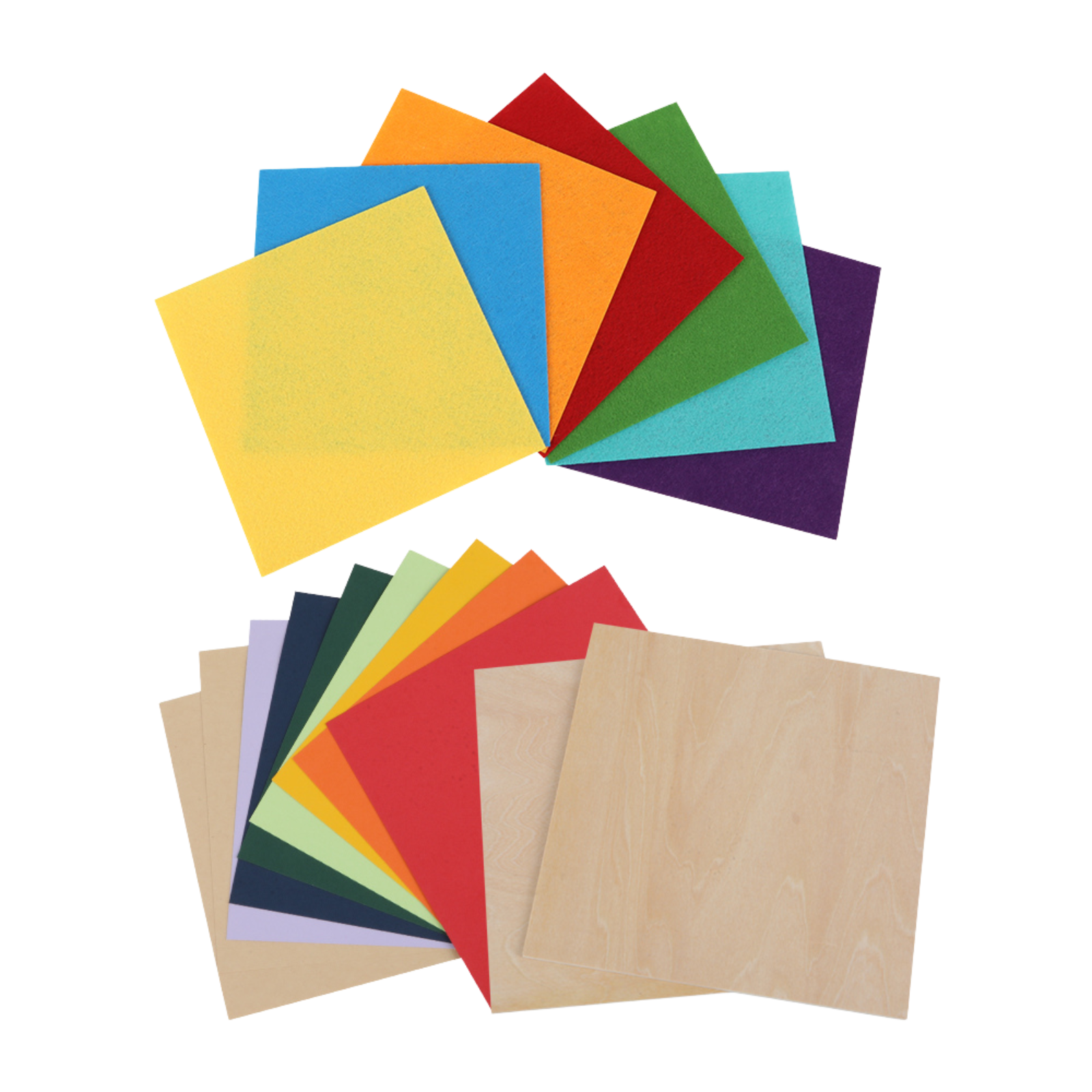
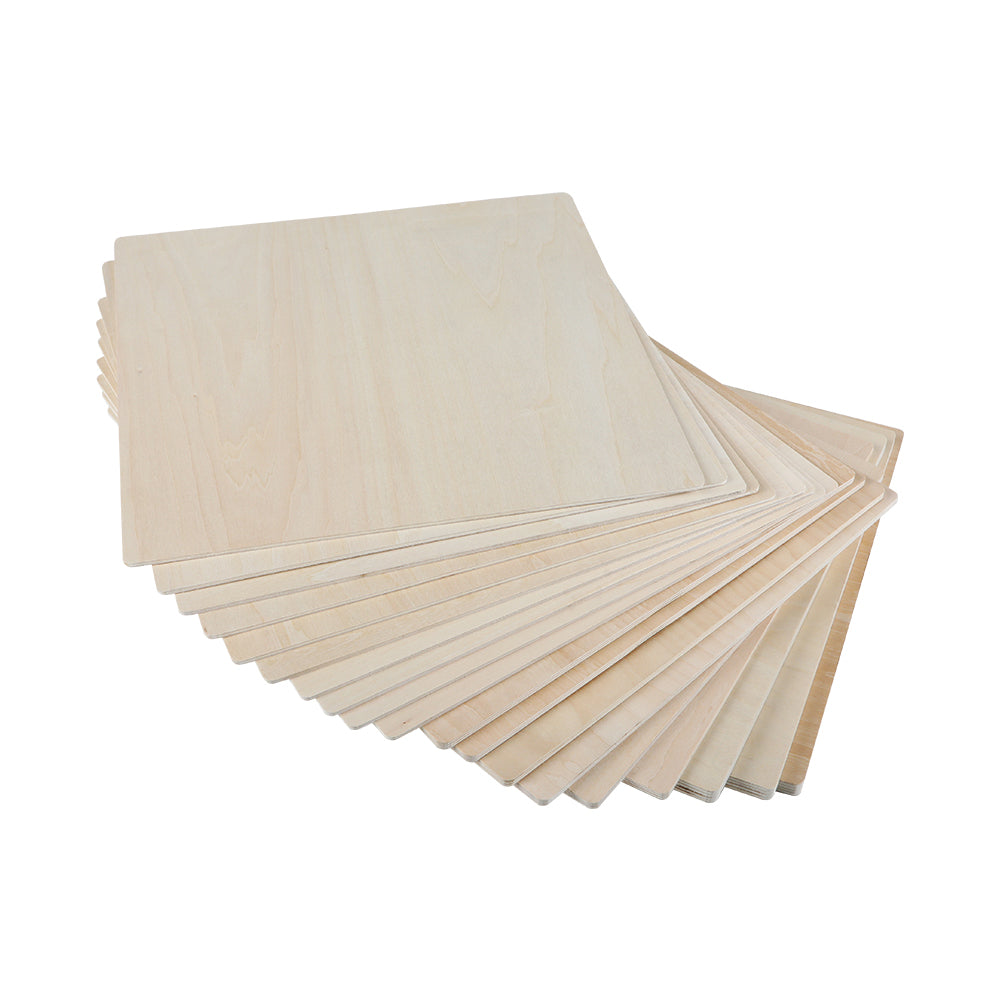









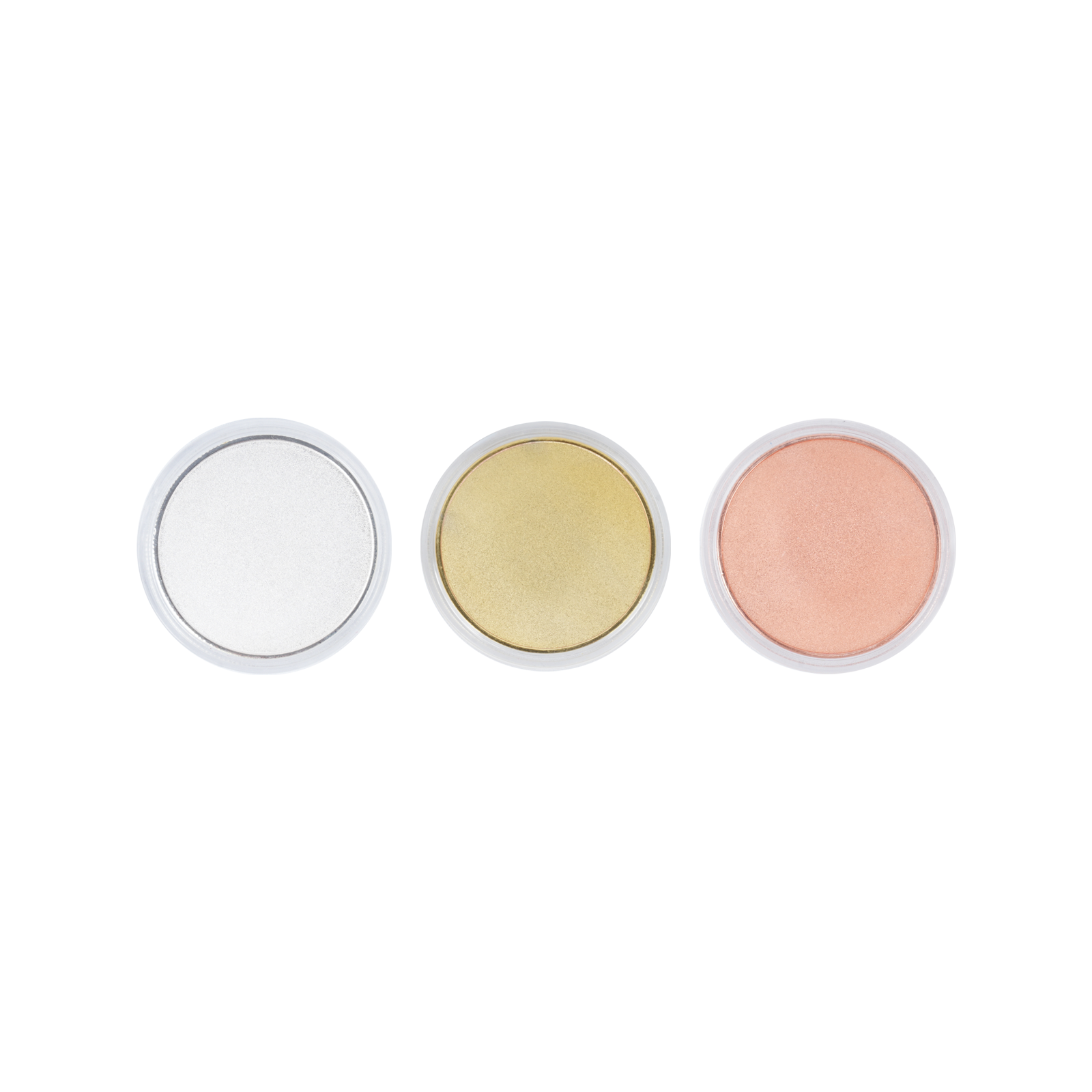

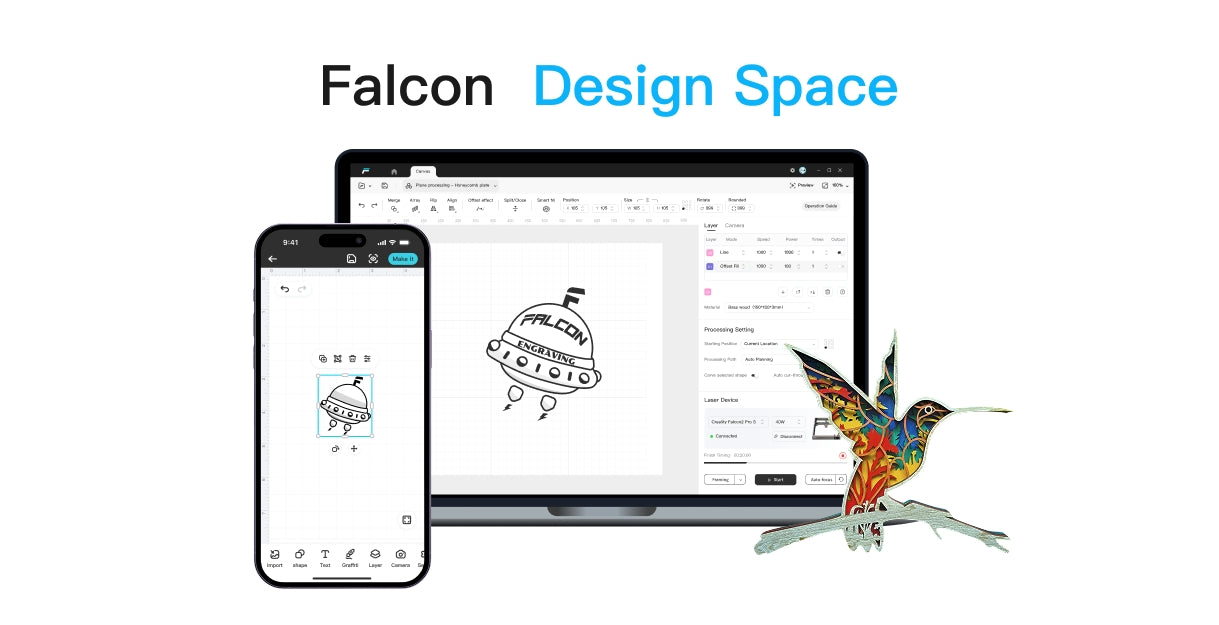



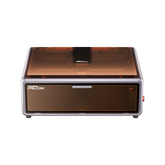
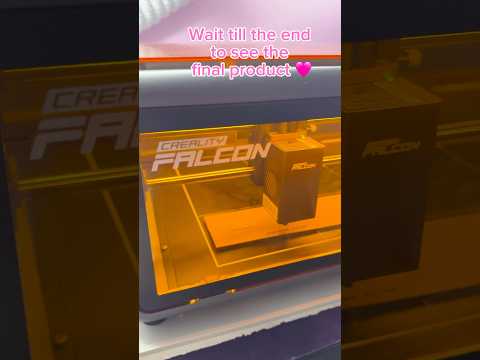
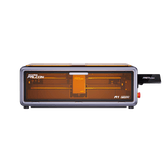
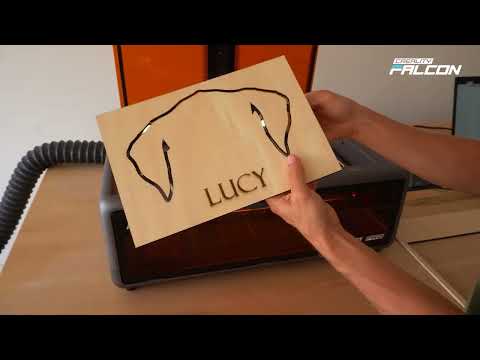
Leave a comment
Please note, comments need to be approved before they are published.